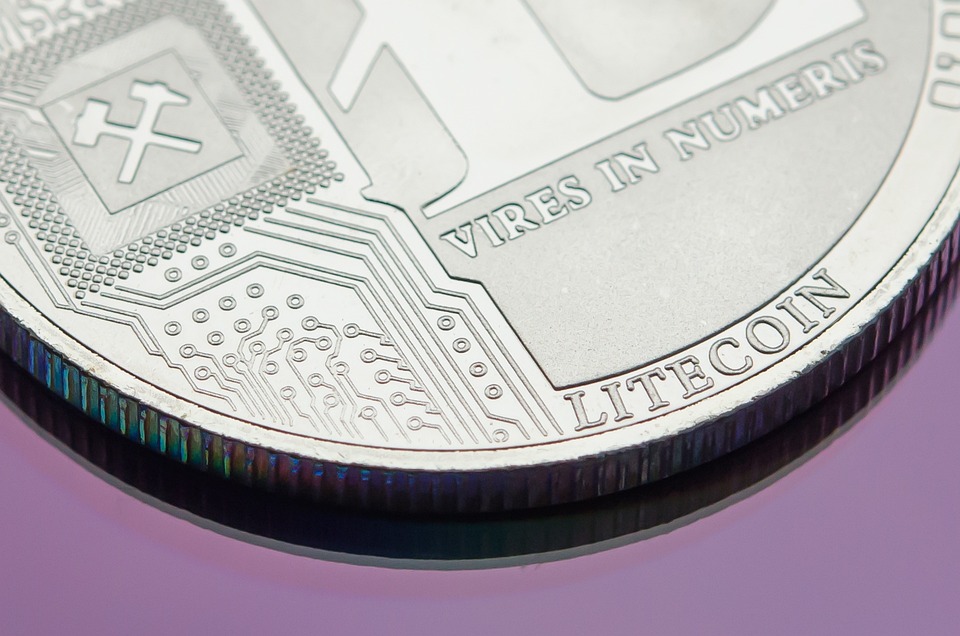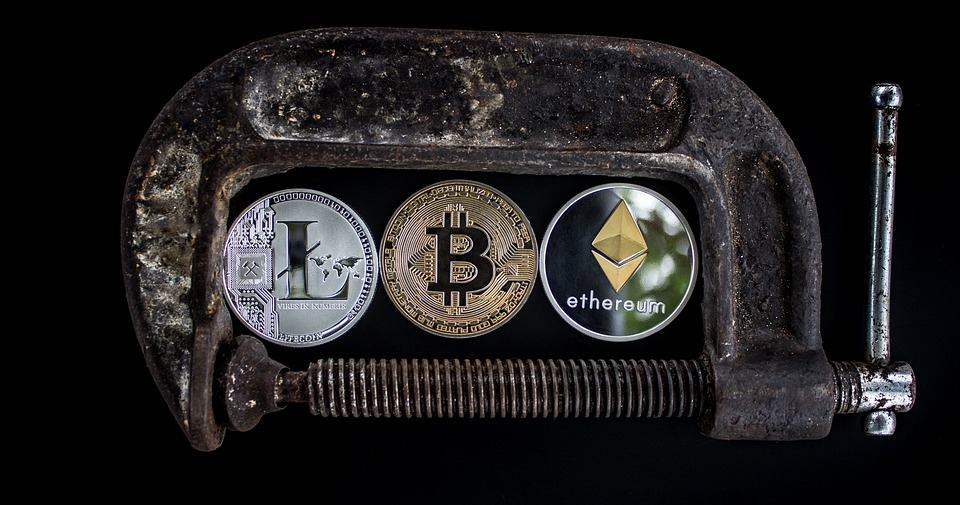Digital identity is becoming an increasingly important aspect of our lives as we continue to move towards a more digitally connected world. From personal identification and authentication to online security and data protection, having a secure digital identity is crucial for both individuals and businesses.
One technology that is playing a key role in revolutionizing digital identity is blockchain. Originally known as the underlying technology behind cryptocurrencies like Bitcoin, blockchain has since evolved into a versatile platform that can be used for a variety of applications, including digital identity management.
Blockchain technology offers several key advantages when it comes to digital identity. Firstly, it provides a secure and tamper-proof way of storing and managing identity information. Traditional identity management systems are often centralized, meaning that there is a single point of failure that can be exploited by hackers. Blockchain, on the other hand, is decentralized, meaning that the data is distributed across a network of computers, making it much more secure.
Secondly, blockchain allows for greater transparency and trust in the identity verification process. By using a shared ledger that is visible to all parties involved, individuals can have greater control over who has access to their personal information and how it is being used. This can help protect against identity theft and fraud, as well as give individuals more control over their own data and privacy.
Another key advantage of blockchain in digital identity is its ability to enable self-sovereign identity. This means that individuals have full ownership and control over their own identity information, rather than relying on centralized authorities like governments or corporations. By using blockchain technology, individuals can create and manage their own digital identities, choosing what information to share and with whom, and maintaining control over how that information is used.
Blockchain technology is already being used in various digital identity applications, from digital passports and driver’s licenses to secure authentication for online services. For example, companies like Microsoft and IBM are developing blockchain-based solutions for identity verification, while governments around the world are exploring the use of blockchain for digital identity management.
As digital identity continues to evolve and become increasingly important in our interconnected world, blockchain technology will play a crucial role in ensuring that our identities are secure, transparent, and under our control. By leveraging the power of blockchain, we can create a more secure and user-friendly digital identity ecosystem that empowers individuals and protects their privacy and security.




